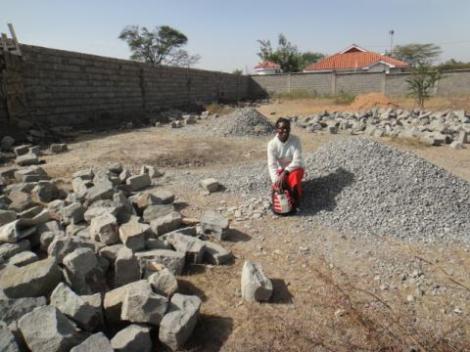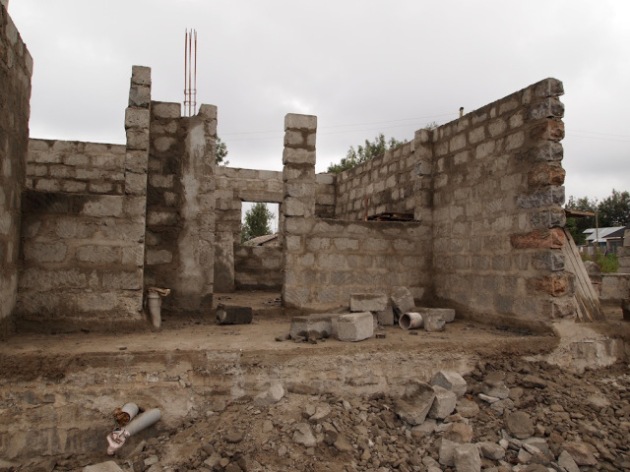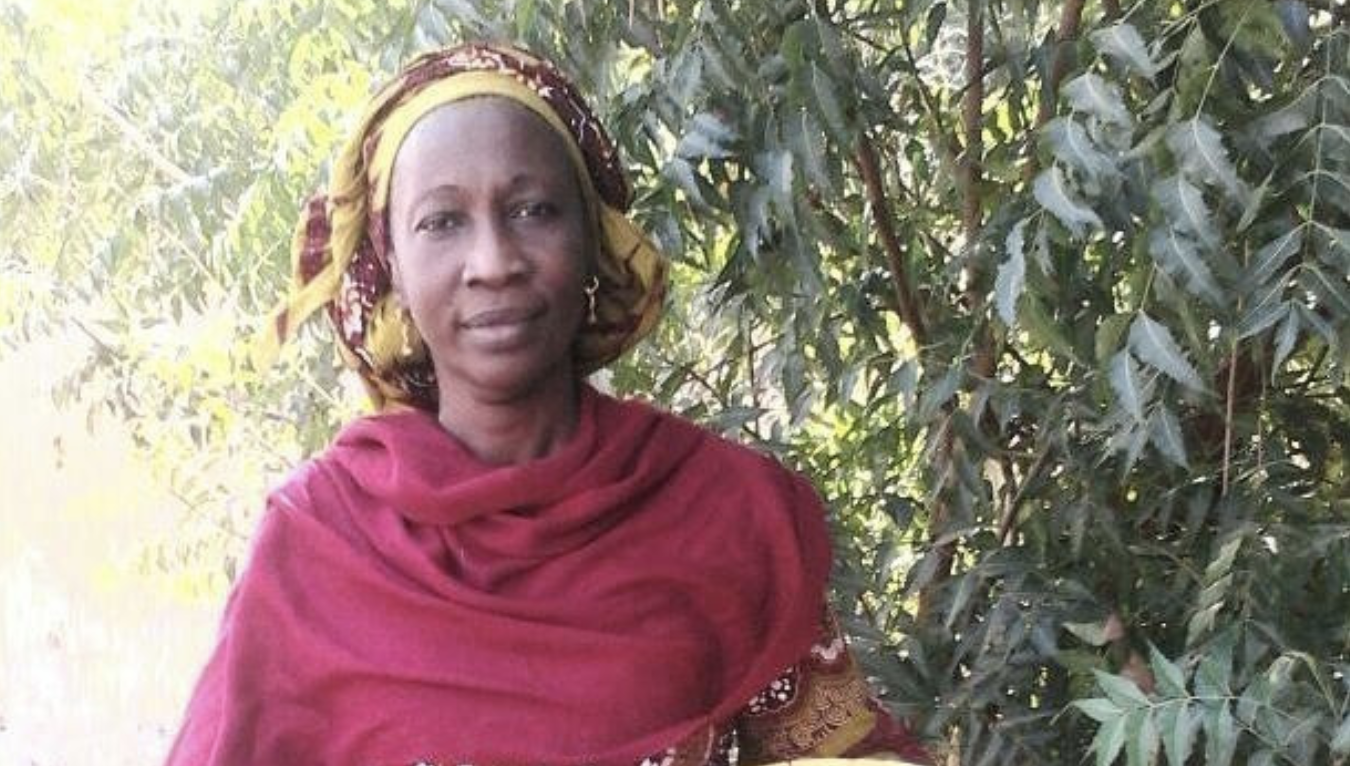By Julia Kurnia
Several years ago, Rose Karanja’s reality was bleak. One of a small minority of girls in Kenya to complete high school, she renounced college ambitions to care for her orphaned brother and sister when the grandmother who had been supporting them passed away. Rose sold her schoolbooks and never looked back.
There was no work for a bright, articulate young woman in the neighborhood where Rose had grown up. Undeterred, she packed up her meager belongings and found a home for her new family in Ongata Rongai, a teeming slum just south of Nairobi with a burgeoning construction industry. There she joined hundreds of other destitute women who trudged back and forth under the hot sun, selling drinks and snacks to the workers who were breaking up rocks and laying bricks to build the homes of Kenya’s emerging middle class.
That’s when Rose decided to recreate her reality as she wished it to be. Faced with the impossibility of attending college, she turned the rows of dusty construction plots and concrete bricks into her lecture halls. She began to observe how the houses were built, how foundations were dug and concrete bricks aligned to create sturdy walls, how sheet metal was trimmed for roofs. She watched how the construction managers directed the process, producing blueprints, leasing equipment and negotiating with buyers.
The building industry was a male-dominated affair, and Rose’s initial forays into the more lucrative construction materials supply business were met with skepticism. Undeterred, she began marketing wheelbarrows of sand dug up from riverbeds. Later she progressed to hiring the unemployed men of her neighborhood to crush rocks into gravel, which she sold to her contacts in the construction sites. She used these small jobs as opportunities to network and establish trust among the construction managers.
After five years of steadily building up her construction materials supply business, Rose had a lucky break. She secured a contract to build two houses from the ground up. In addition to sourcing materials, she would be responsible for hiring an engineer to design the homes and labor to build them, and overseeing the construction work. There was only one problem: nobody was willing to lend a woman with no track record of managing construction jobs the capital needed to get the project off the ground.
Rose had heard about Zidisha from her neighbors, and decided to give it a try. She paid fifty cents to access our website from a local cybercafe, and managed to raise the $359 needed to hire construction workers from individual web users in Belgium, Cambodia, Colorado, and Texas. Determined to prove her worth, Rose completed the two houses and repaid her loan in record time.
Her efforts to shatter gender stereotypes resonated with lenders worldwide, and her second round of Zidisha financing, for $1,050, was oversubscribed. She used the funding to increase her workforce and purchase larger inventories of construction materials. The profits generated by these investments were enough to purchase her own plot of land.
Today Rose is well known in Ongata Rongai, and construction managers nod respectfully as she passes by. She spends her time supervising workers, negotiating business deals, and saving for the day when she will return to school and earn a degree in Civil Engineering – which, she says, will better prepare her to achieve her ultimate dream of having her own construction company.
You may view Rose’s story in her own words at her Zidisha loan profile page.
This is a revised version of an article originally published here.





